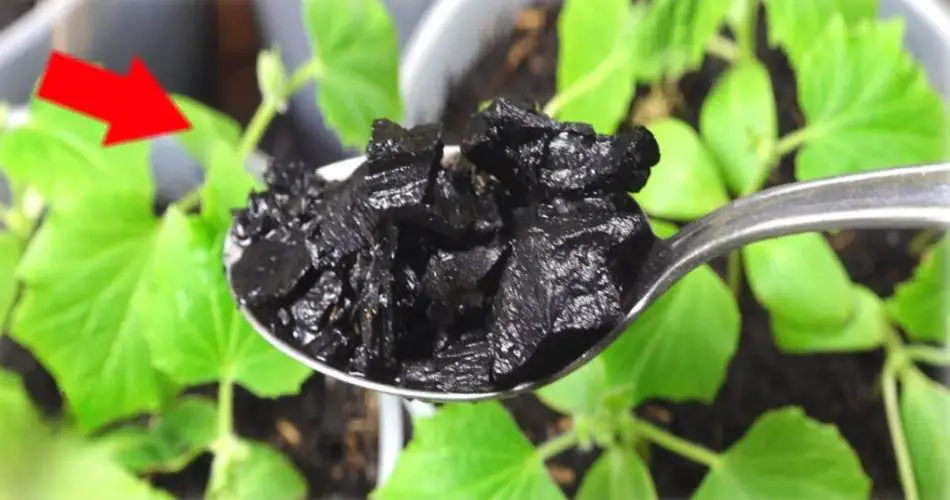Farmers worldwide are raving about a revolutionary technique that promises a rich and abundant harvest. This method, inspired by ancient Amazonian civilizations, has captivated millions of farmers. Discover the secret behind this incredible technique and learn how to apply it to your garden.
The Amazonian Secret to Fertile Soil
Ancient Amazonian civilizations managed to cultivate fertile land in the challenging environment of the Amazon jungle, where soil fertility was limited by seasonal rains. Remarkably, they created deep, fertile soil that has remained productive for thousands of years. The key to their success? Organic charcoal, also known as biochar.
Why Biochar Works
Biochar, unlike regular charcoal, is produced by burning organic material at high temperatures (600-1000°C) in the absence of oxygen. This process results in a fine-structured charcoal that is 50% pure carbon. Its unique molecular structure makes it an excellent habitat for beneficial microbes, enhancing soil fertility and plant growth.
Key Benefits of Biochar:
- High Carbon Content: Enriches the soil and promotes plant health.
- Porous Structure: Improves soil aeration and water retention.
- Microbe-Friendly: Encourages the growth of beneficial soil microbes.
How to Use Biochar in Your Garden
1. In Fields and Vegetable Gardens:
- Application Rate: Use up to 1 kilogram of biochar per square meter (1kg/m²).
- Method: Spread the biochar evenly over the soil and mix it in well. This helps to integrate the biochar with the soil and allows plants to benefit from its properties.
2. In Pots:
- Application Rate: Use biochar to fill up to 25% of the pot’s soil volume.
- Method: Mix the biochar thoroughly with the soil before planting. This ensures that the roots have access to the enriched soil.
Advantages of Using Biochar
- Enhanced Soil Fertility: Biochar significantly improves soil quality, leading to healthier and more productive plants.
- Reduced Water and Fertilizer Use: The porous nature of biochar helps retain moisture and nutrients, reducing the need for frequent watering and chemical fertilizers.
- Sustainable and Cost-Effective: By reducing the dependency on chemical fertilizers and enhancing soil health, biochar lowers costs and minimizes environmental impact.
Conclusion
By adopting the use of biochar, farmers and gardeners can achieve a rich, robust harvest with enormous plants. This ancient technique, proven by Amazonian civilizations, offers a sustainable and highly effective way to enhance soil fertility and plant growth. Try incorporating biochar into your gardening routine and experience the remarkable benefits for yourself.




